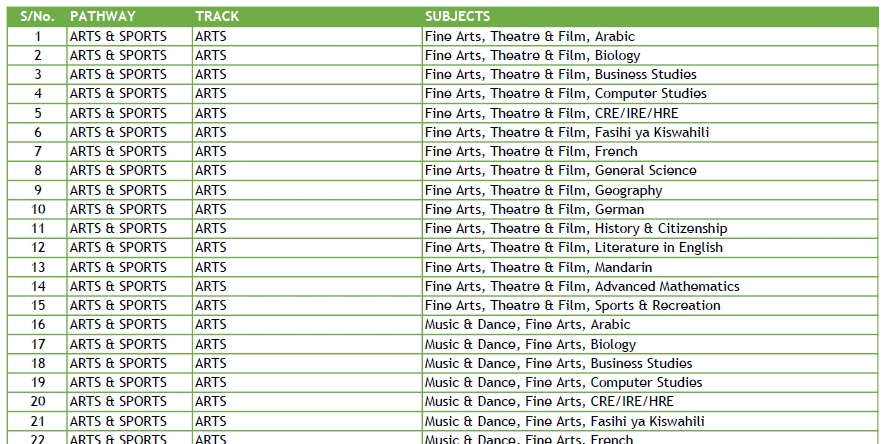EDUCATION MINISTRY LIST OF SCHOOLS SELECTED TO HOST JUNIOR SECONDARY SCHOOLS IN CBC
The Ministry Of Education has released the Official List Of Primary Schools Selected To Host… EDUCATION MINISTRY LIST OF SCHOOLS SELECTED TO HOST JUNIOR SECONDARY SCHOOLS IN CBC
